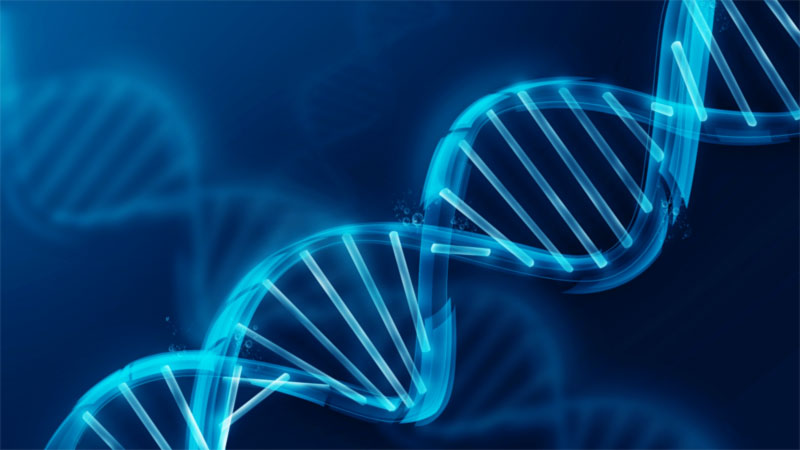In two common child psychiatric disorders, autism and attention deficit hyperactivity disorder (ADHD), researchers found they share changes in the same genes, according to a study published in Nature Neuroscience.
As attributed in the study, funded by Aarhus University, Copenhagen University, and the Lundbeck Foundation, researchers focused on the exome sequencing of nearly 8,000 children diagnosed with autism or ADHD and a control group of 5,000 participants.
Based on researchers’ assessment, “The study shows that many more genes for ADHD and autism can be identified directly by studying more people in a similar way with extensive DNA sequencing, thereby providing a more complete picture of the biological causal mechanisms and possible approaches to medical treatment.”
“In the study, the gene that is most frequently affected by mutations in people with ADHD or autism is the so-called MAP1A gene. The gene is involved in the formation of the physical structure of nerve cells – their inner ‘skeleton’, so to speak – and is important for the development of the brain,” said Anders Børglum, the study’s lead researcher.
“We discovered an increased burden of mutations that destroy or severely affect the MAP1A gene in those with ADHD and autism, while very few of the control subjects had such changes in the gene,” Børglum added.
For researchers, the results are a first that the genome was mapped comprehensively for both conditions.
“The very fact that mutations are found to the same extent and in the same genes in children with autism and in children with ADHD, points towards the same biological mechanisms being involved,” said Børglum.
“This is the first time that the genome has been mapped so comprehensively for both ADHD and autism, and the discovery that children with ADHD have the same amount of deleterious gene mutations in their DNA as children with autism is both striking and quite surprising.”


